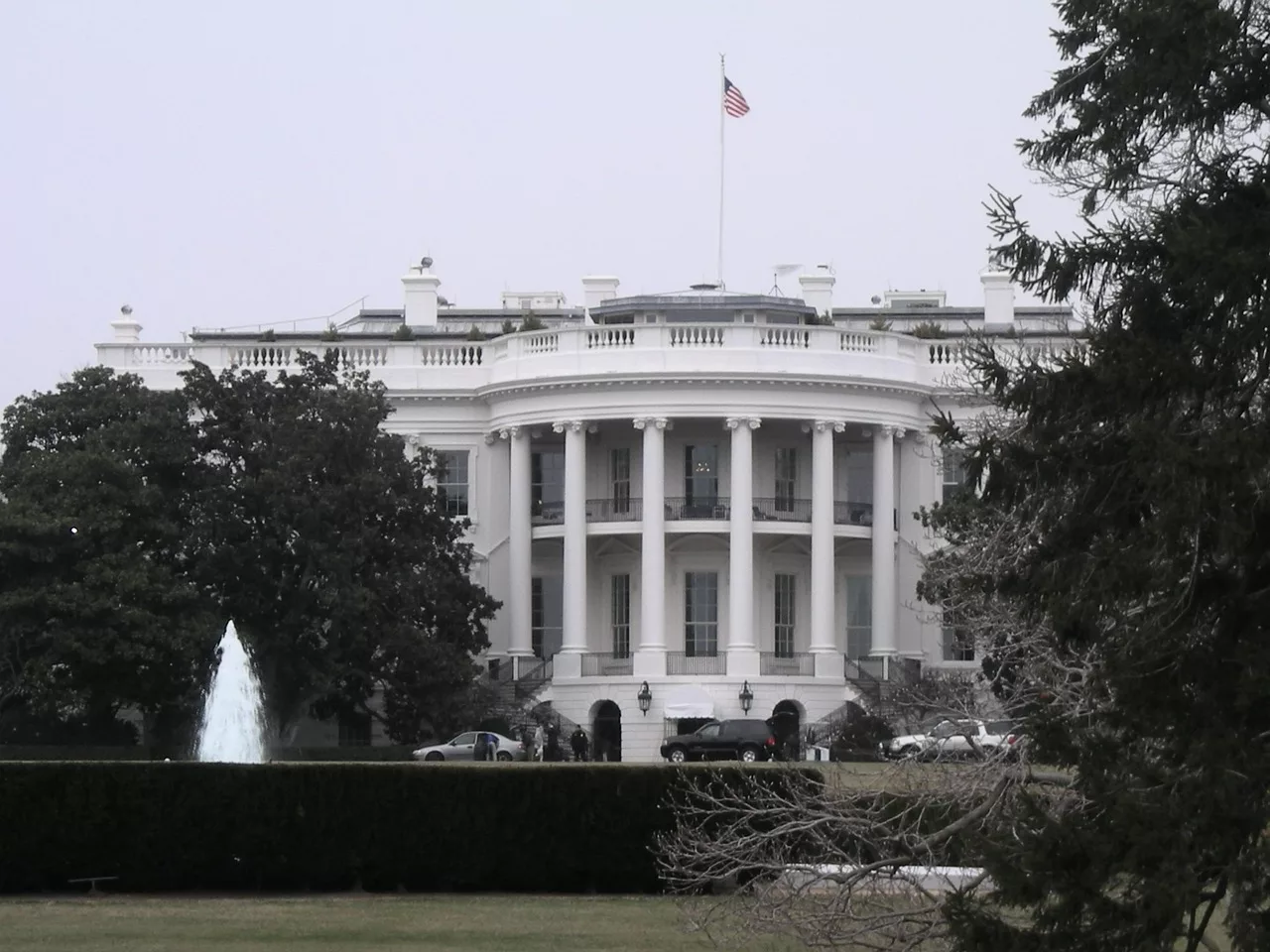The U.S. House Appropriations Committee is scrutinizing the Biden administration’s cannabis rescheduling process as part of the Fiscal Year 2026 spending bill. Recent reports indicate that lawmakers have raised questions about the Food and Drug Administration’s (FDA) recommendation to reclassify cannabis from Schedule I to Schedule III of the Controlled Substances Act. This review, which is part of a larger budget proposal encompassing various agencies, has sparked concerns regarding the safety of high-potency cannabis products.
In the committee’s report, concerns were specifically voiced about the mental health impacts of high-potency cannabis, especially among young users. Lawmakers have requested that the Department of Health and Human Services’ Inspector General assess whether there have been any deviations from established drug scheduling standards in the FDA’s recent review. The FDA’s findings and recommendations are critical as they influence how cannabis is regulated and perceived at the federal level.
Additionally, the spending bill proposes increased scrutiny over cannabis products that do not currently meet federal regulations. Lawmakers are urging the FDA to enforce compliance against products that fall outside these regulations and to create clear safety guidelines for hemp-derived cannabinoids, including acceptable THC levels.
A significant aspect of this spending bill is the potential removal of protections for state medical cannabis programs, specifically the Rohrabacher-Blumenauer Amendment. This amendment currently prevents the Department of Justice from prosecuting individuals and businesses compliant with state cannabis laws. If removed, it could enable the DOJ to pursue legal action against medical cannabis providers, exposing them to criminal charges, asset forfeiture, and severe banking restrictions.
The consequences of this change could be drastic for many businesses in the medical cannabis industry, potentially forcing some to close or operate illegally. The spending bill also emphasizes the need for more research on the therapeutic applications of psychedelics and seeks to support the U.S. hemp fiber industry.
As the appropriations process unfolds, the agriculture spending bill is expected to move to a full House vote soon and may be included in a broader omnibus spending package later this year. The ongoing developments will be closely monitored as they could reshape the regulatory landscape for cannabis in the United States.




